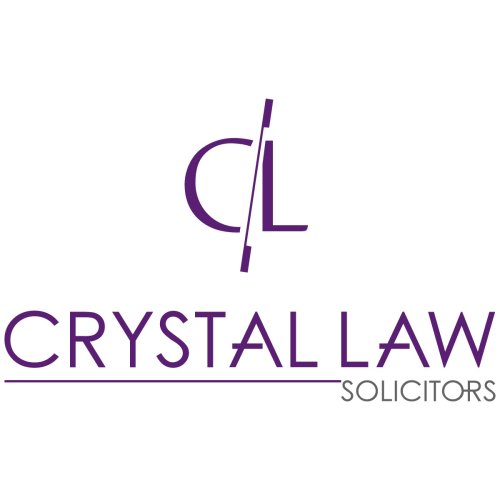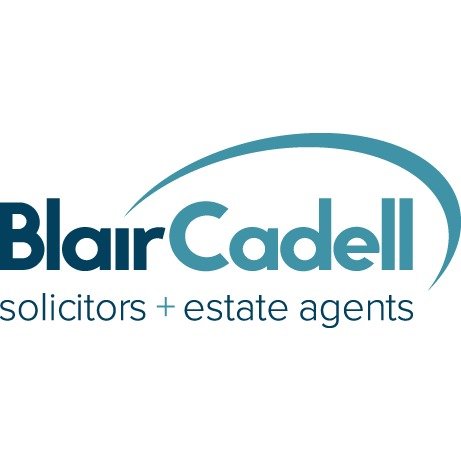Best Elder Abuse Law Lawyers in United Kingdom
Share your needs with us, get contacted by law firms.
Free. Takes 2 min.
Or refine your search by selecting a city:
List of the best lawyers in United Kingdom
About Elder Abuse Law in the United Kingdom
Elder abuse law in the United Kingdom aims to protect older individuals from physical, emotional, financial, and psychological harm. It encompasses various legal frameworks that address neglect and exploitation, ensuring that the rights and dignity of senior citizens are upheld. Local authorities, alongside legal institutions, are responsible for identifying, investigating, and prosecuting elder abuse cases, while safeguarding measures involve immediate protection and long-term support for victims.
Why You May Need a Lawyer
People may need legal assistance in elder abuse law for several reasons. If an elderly family member is being mistreated in a care environment, legal counsel can help navigate the complexities of reporting and holding the perpetrator accountable. Financial abuse, such as unauthorized control over an elder's finances, may also necessitate legal guidance. Additionally, lawyers can assist in understanding and exercising the elderly individual's rights, and in exploring compensation or restitution options.
Local Laws Overview
The United Kingdom has several statutes relevant to elder abuse, including the Care Act 2014, which emphasizes adult safeguarding duties within local authorities. The Mental Capacity Act 2005 provides guidance on decision-making on behalf of individuals who lack the capacity, frequently pertinent in financial abuse cases. Criminal offenses related to elder abuse fall under laws addressing assault, theft, and coercive behavior, emphasizing the protection of elders from abuse, neglect, and mistreatment.
Frequently Asked Questions
1. What constitutes elder abuse in the UK?
Elder abuse includes physical, psychological, emotional, sexual, financial abuse, and neglect, where harm or distress is caused to an older person.
2. Who is responsible for safeguarding older adults?
Local authorities, care providers, healthcare professionals, and the police play key roles in safeguarding older adults against abuse and neglect.
3. How can I report elder abuse?
Elder abuse can be reported to local adult safeguarding teams, the police, or organizations like Age UK and Action on Elder Abuse.
4. What is the Care Act 2014?
The Care Act 2014 outlines legal responsibilities of local authorities in promoting wellbeing and protecting adults at risk from abuse and neglect.
5. Can financial exploitation be considered elder abuse?
Yes, financial exploitation, such as theft or misuse of an elder’s funds or property, is a form of elder abuse.
6. Are there support services available for victims?
Victims can access support services through local councils, charities like Age UK, and helplines that provide advice and emotional support.
7. How can a lawyer help in elder abuse cases?
A lawyer can assist in understanding rights, filing complaints, representing cases in court, and pursuing compensation or protective orders.
8. What are the signs of elder abuse?
Signs include unexplained injuries, withdrawn behavior, sudden financial changes, poor hygiene, and distress when specific individuals are present.
9. What is the role of safeguarding adults boards?
Safeguarding adults boards coordinate local safeguarding policies and practices, working with multiple agencies to protect adults at risk.
10. Is there a time limit for taking legal action in elder abuse cases?
Time limits for taking legal action vary by case type; consulting a lawyer can provide specific guidance based on individual circumstances.
Additional Resources
Several resources can provide further assistance and information on elder abuse in the UK. Age UK and Action on Elder Abuse offer helplines and advice. Local adult social services departments are pivotal in safeguarding and can be contacted for immediate concerns. The Office of the Public Guardian can assist in matters involving powers of attorney and financial abuse.
Next Steps
If you suspect elder abuse or need legal assistance, your first step should be to contact local authorities or a trusted organization like Age UK. Document any evidence of abuse and consult a lawyer specialized in elder abuse law for legal advice. Legal aid or pro bono services may be available for those who qualify. Safeguarding your elder’s wellbeing is a priority, and numerous channels are available to ensure they receive the protection and justice they deserve.
Lawzana helps you find the best lawyers and law firms in United Kingdom through a curated and pre-screened list of qualified legal professionals. Our platform offers rankings and detailed profiles of attorneys and law firms, allowing you to compare based on practice areas, including Elder Abuse Law, experience, and client feedback.
Each profile includes a description of the firm's areas of practice, client reviews, team members and partners, year of establishment, spoken languages, office locations, contact information, social media presence, and any published articles or resources. Most firms on our platform speak English and are experienced in both local and international legal matters.
Get a quote from top-rated law firms in United Kingdom — quickly, securely, and without unnecessary hassle.
Disclaimer:
The information provided on this page is for general informational purposes only and does not constitute legal advice. While we strive to ensure the accuracy and relevance of the content, legal information may change over time, and interpretations of the law can vary. You should always consult with a qualified legal professional for advice specific to your situation.
We disclaim all liability for actions taken or not taken based on the content of this page. If you believe any information is incorrect or outdated, please contact us, and we will review and update it where appropriate.
Browse elder abuse law law firms by city in United Kingdom
Refine your search by selecting a city.














